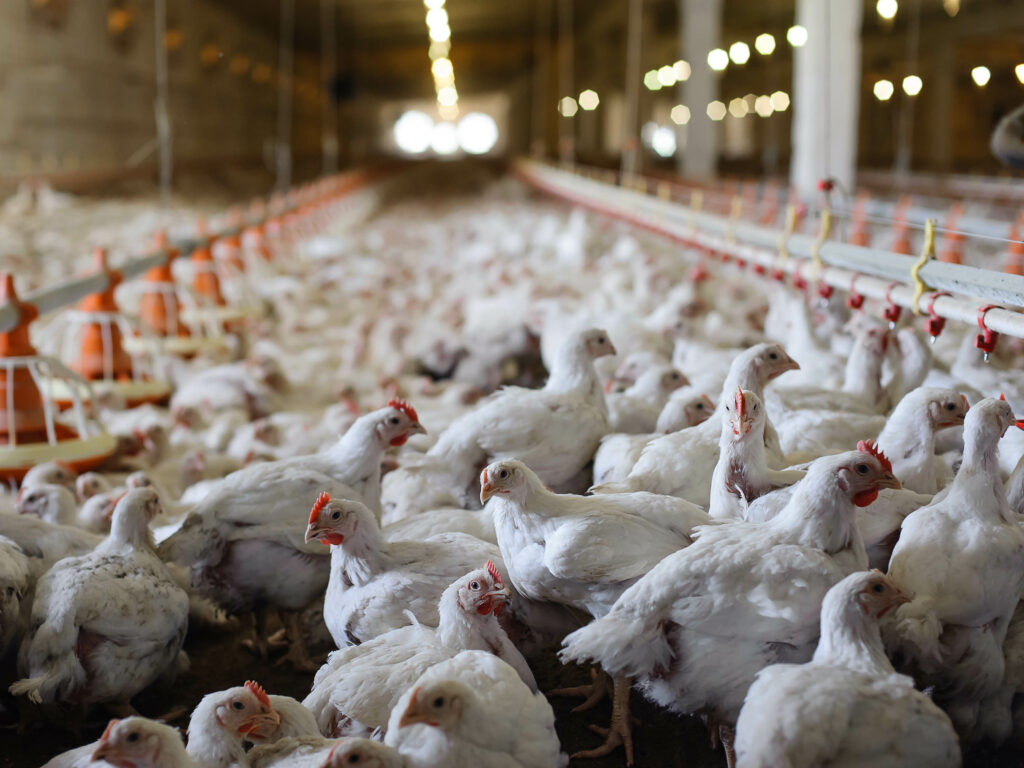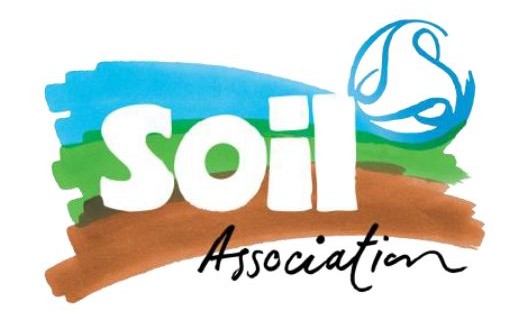SOIL ASSOCIATION RAILS AGAINST “SHODDY” 2022 UK LEGISLATION ON GENE EDITING
Organic food champion, the Soil Association, is making an effort to prevent a bill getting through the UK parliament and becoming law in its current form because it believes this will result in a “gene editing free for all”.
The association says that the Genetic Technologies Bill is making speedy progress through parliamentary hoops and is now with the revising chamber, the House of Lords. “We urge them to make the serious changes necessary to protect animal welfare, the environment, organic farmers, and citizen choice,” said Louise Payton, a policy officer at the Soil Association.
For its part, the government is keen to cut red tape on gene editing. It says: “The Genetic Technology (Precision Breeding) Bill will remove unnecessary barriers to research into new gene-editing technology, which for too long has been held back by EU’s rules which focus on legal interpretation rather than science.”
Precision-bred organisms
The bill will make it easier to change a plant or animal’s DNA in a lab defining those animals as “precision bred organisms” but describing them as traditionally bred because the changes could have happened naturally (even though this might take hundreds of thousands of years under non-lab conditions). The Soil Association wants the House of Lords to demand changes to the bill for the following reasons:
- There are not enough safeguards to protect animals
- The public is largely not in favour because commercial motives may override other concerns
- There could be unintended abnormalities in animals at the research stage, the loss of genetic diversity and resilience
- Gene editing could further advance bad breeding practices that are already putting animals under huge strain.
A report from Compassion in World Farming says that modern livestock breeding has pushed animals’ bodies to painful and unhealthy limits in an effort to produce cheap meat, eggs and milk. “The bill’s trivial attempts on welfare don’t do enough to protect animals from this single-minded commercial drive to breed for intensive production,” said Payton.
Do chickens need genetic engineering?
Chickens are the reason why the government thinks animals should stay in the bill according to the Soil Association. A key argument is that gene-edited, disease-resistant chickens could solve bird flu. Taking animals out of this bill does not ban genetically-modified animals, it just ensures they are subject to higher safety checks.
Two chicken breeds dominate the UK market, designed to grow very fast and make them cheaper. But the Soil Association says that this breeding has resulted in lameness in their legs due to their rapid weight gain and more intensive poultry rearing which is a potential disease source and spreader.

The Soil Association claims that, under the existing bill, no food labels are planned to inform people that their food has been subjected to genetic modification. The bill also does not require traceability for businesses using gene-edited organisms.
Gene-edited traits escaping into the wider wild environment are also not taken into consideration. “This could also have serious implications for organic products, which currently offer shoppers the promise of no GM, as these practices are banned within strictly regulated organic standards,” said Payton.
Trade risks
Following on from this, the Soil Association is worried about creating unnecessary risks to trade by organic businesses in the EU, if the bloc does not also follow with similar deregulation. “Given the shoddy legislation being put forward in the UK, any EU changes that do occur, may not adopt the same approach,” said the Soil Association. It means that UK exports may face new trade barriers especially as international standards in the organic sector continue to prohibit genetically modified foods, including those branded as gene-editing and precision breeding.
The selectivity involved in gene editing might mean “breed monocultures” where the UK becomes reliant on a very select few breeds. This flies in the face of creating natural genetic diversity, resilience to disease, and more options for consumers. All of this may move away from the idea of agroecology and result in less independence for farmers in choosing which seeds to buy and sow and animals to rear and breed.

In a statement on the bill in May, the government said it was “taking a step-by-step approach by creating legislation for plants first. It added: “No changes will be made to the regulation of animals under the GMO regime until a regulatory system is developed to safeguard animal welfare.”
In support of the government at the bill’s launch, the National Farmers Union vice president, David Exwood, said: “This science-based legislative change has the potential to offer a number of benefits to UK food production and to the environment. It will provide farmers and growers with another tool in the toolbox as we look to overcome the challenges of feeding an ever-growing population while tackling the climate crisis.”
The Soil Association would prefer other solutions, backed by science, which it says can be put into action and deliver results now. “That solution is a shift to nature-friendly, agroecological, regenerative farming – such as organic farmers and others who avoid gene editingchemical inputs and protect soils,” said Payton. Recommendations for this latter course have come from Henry Dimbleby in the National Food Strategy and a sustainable food report published in May 2022 by Chatham House.
Join us at SIAL Paris as exhibitor Join us at SIAL Paris as visitor
